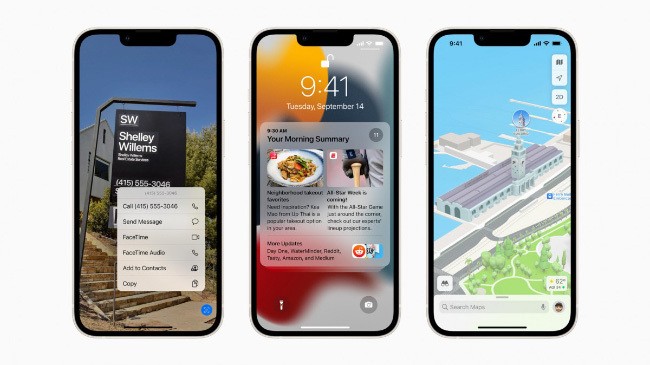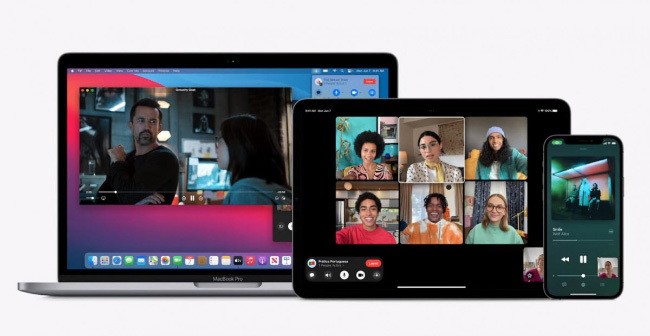a An apple Among its trump cards is absolute control over the created software and effectively accessing its hardware(s). It is also one of the manufacturers with the highest adoption rate for new software distributions like new iOS 15.
As a matter of fact, with each new distribution of its operating system for mobile iPhones, we are used to seeing new records being broken, with a new version being adopted that surpasses the previous one. However, this does not appear to be the case with the new iOS 15.
Users have delayed iOS 15 update for iPhone

The data is now advanced by a market analysis agency Mixpanel, noting that the iOS 15 adoption rate is lower than that of iOS 14. In fact, as of 12:00 last Wednesday, the initial adoption of the new iOS was very modest.
More specifically, at 12 noon on September 22, two days after iOS 15 began distribution, its adoption rate was at 8.5%.
Putting this data into perspective, in the iOS 14 update cycle in the same period, the adoption of this system was already 14.5% on all selected devices.
Therefore, this is a significant reduction in the speed and rate of adoption of the new version. Something indicates that there is strong friction between users to install the new version of the operating system developed by Apple for their iPhones.
iOS 15 adoption rate is much lower than iOS 14
In short, for the same period, between iOS 14 and iOS 15, the initial adoption rate was 14.5% and 8.5%, respectively. It is a very important difference that shows that users are not quite looking forward to the new version.
Please note that Mixpanel measures adoption of a specific iOS version by visiting websites and apps that use SDK stats. Therefore, these metrics will not be entirely accurate, although they already give us a good idea.
There is, compared to last year, more inactivity in iOS 15 adoption than in iOS 14, although the percentages are not 100% correct. However, the reasons for this are not quantifiable by the above source.
Apple has not yet released iOS 15 certification metrics
Apple used to reveal adoption rates for new versions of the operating system, having not done so at the time of writing. On the other hand, if iOS 15 adoption results in an effective loss, Apple will likely never release these adoption metrics.
In fact, the last time the Cupertino giant released this kind of data was last June. At that time, it was found that iOS 14 had been adopted by 85% of all devices electing to update the system.
In any case, as the company announced, even users who choose not to upgrade to iOS 15 – while they’re still on iOS 14 – will receive security updates. Thus, respecting your decision and keeping users safe, even in the previous version of the operating system.
Finally, we are now waiting for new indicators and/or some benchmarks released by Apple itself. Meanwhile, iOS 15 continues to be distributed to elected users.
4gnews editors recommend:

“Coffee trailblazer. Social media ninja. Unapologetic web guru. Friendly music fan. Alcohol fanatic.”



